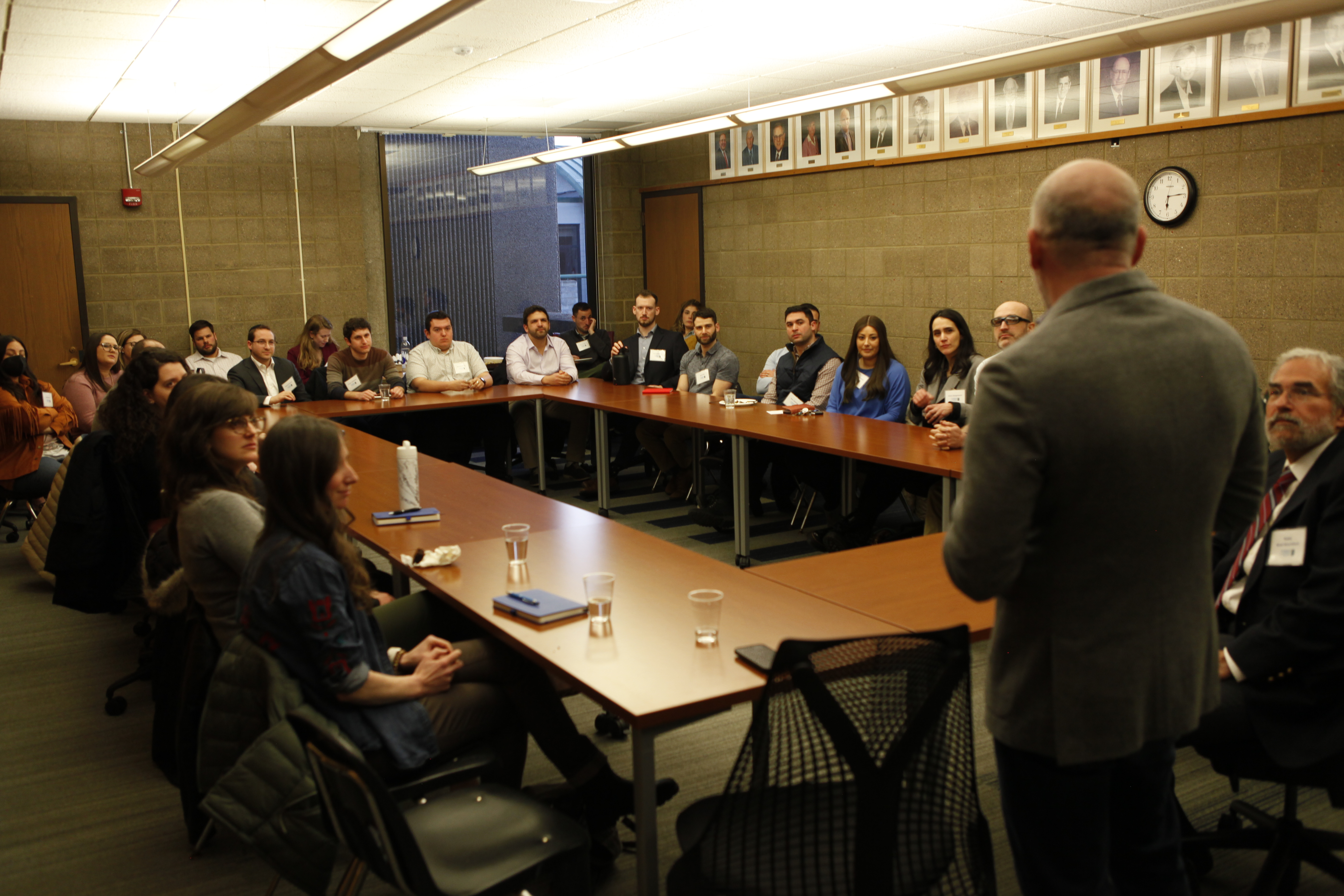We’ve all heard the expression, ‘everything old is new again,’ and in this era of growing ennui and rising cynicism about most things, it is amazing when we have the opportunity to flip the script and create experiences where everything genuinely new is also old, in the best sense of the word. That is precisely what Clal is doing in Rochester, NY.
Clal has deep and old roots in Rochester. In fact, one of our 3 founders was Neil Norry, of blessed memory, local and national lay leader, and father of current board member, with his own track record of both local and national leadership, Lewis Norry, and Rabbis Without Borders alum, Hillel Norry. So Clal in Rochester is “old.” And Clal in Rochester is also new.
Last night, I had the pleasure of leading a program which is just one part of a new and visionary multi-year project in partnership with the Rochester Jewish Federation, leading communal foundations and not-for-profit institutions both within and beyond the organized Jewish community. A genuinely new approach to building the Rochester of the future, with a genuinely new generation of rising leaders.
Last night, 30 rising leaders gathered in a room, thought expansively, spoke frankly, and reimagined boldly–how to create collaborative relationships and ventures in an era of ever-increasing polarization. And frankly, in Rochester, as it is pretty much everywhere, it all comes down to three words: trust, trust, and trust. Together we considered trust — how to create it, how to nurture it, and how to sustain it over time.
Trust is created, nurtured, and sustained when people and communities privilege relationships over rules, when they are animated by covenants more than contracts, and when they build based on shared values more than shared practices.
Building on both the roots of the Rochester/Clal relationship going back almost 50 years and ancient wisdom that is more than 3,000 years old, a new generation engaged the present and imagined a future that was not only more collaborative and creative but one in which they have new opportunities to lead with new meaning and purpose. Together, we began to genuinely feel, in the words of an old spiritual, “that we are the ones we’ve been waiting for,” and that is how everything is both old and new again.

